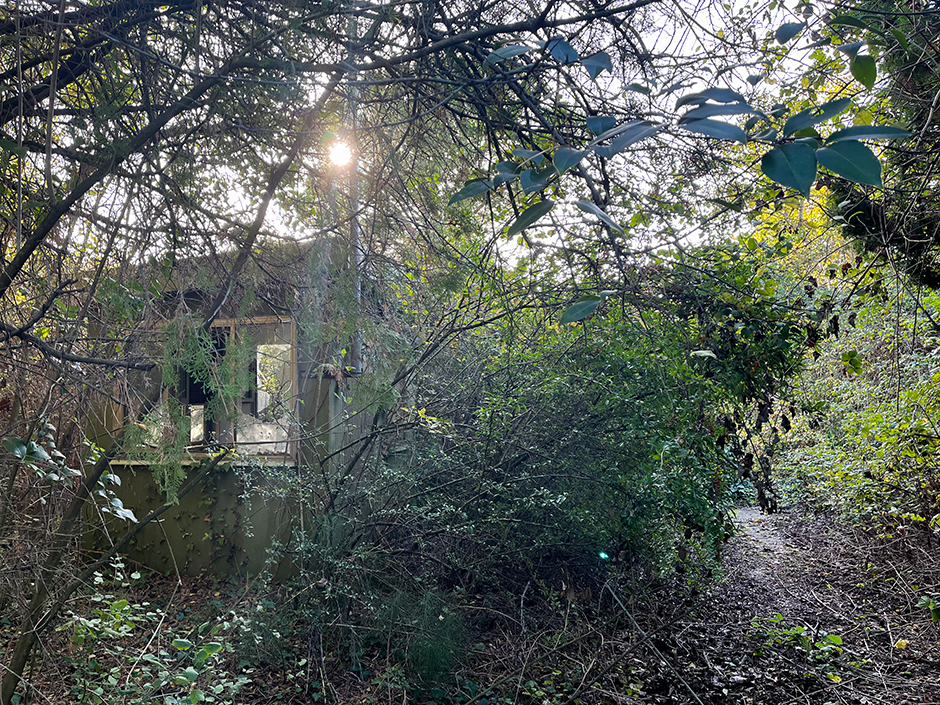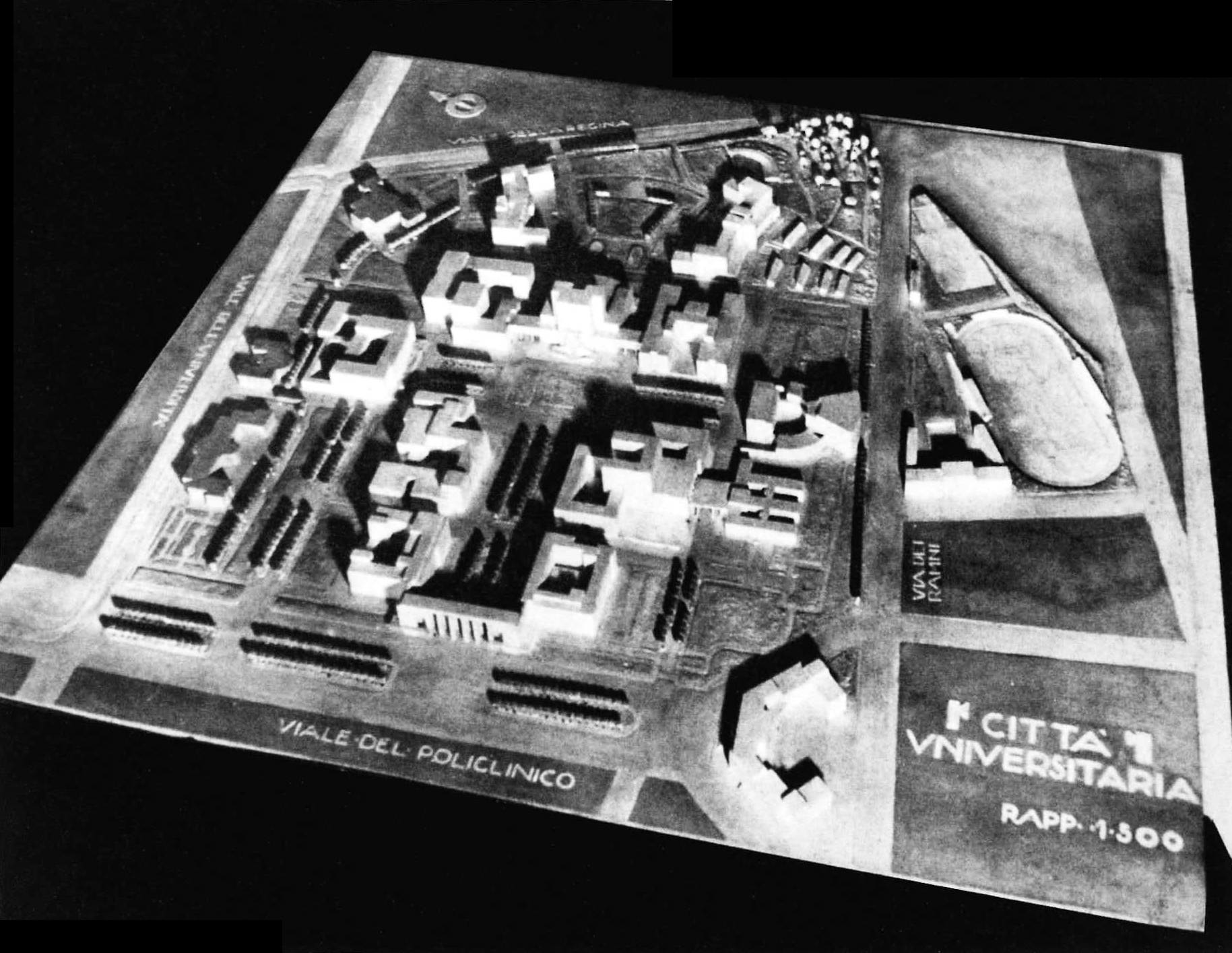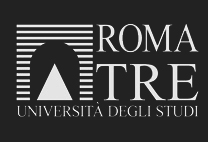The Urban Thinkers Campus is an initiative of UN-Habitat conceived as an open space for critical exchange between urban researchers, professionals, and decision-makers who believe that urbanization is an opportunity and can lead to a positive transformation. It is also intended as a platform to build consensus between partners engaged in addressing urbanization challenges and proposing solutions for the urban future.
The first Urban Thinkers in Campus was organized in the framework of the Universal Forum of Cultures of Naples and Campania, in partnership with the municipality of Caserta and the region of Campania. It was hosted by the city of Caserta, at the Belvedere of San Leucio, a UNESCO Cultural Heritage, from the 15th to the 18th of October 2014.
Based on the theme “The City We Need,” the Campus was meant to bring together urban thinkers and established UNHabitat partner organizations and constituencies to reflect on current urban challenges and trends and to propose a new paradigm as a contribution to the New Urban Agenda to be delivered at the United Nations Conference on Housing and Sustainable Urban Development (Habitat III, 2016).
Building on the previous deliberations of the World Urban Campaign, this Campus gathered new thinking and strengthened the first Campaign position entitled The Future We Want – The City We Need that was prepared from September to December 2013 and launched in March 2014 in New York, prior to the Seventh Session of the World Urban Forum.
One month after the first meeting of the Preparatory Committee for the Habitat III Conference held in New York (17-18 September 2014), this Urban Thinkers in Campus marks the first step in the process of engaging partners and involving the global community of urban thinkers in the debate to shape the New Urban Agenda.
In 2012, partners of the World Urban Campaign (WUC) had called for a new urban paradigm based on a critical review of current urbanization patterns and practices. In particular, the WUC partners had pointed to the following key challenges:
• The persistence of an unsustainable model of urbanization;
• The growing urban inequalities worldwide;
• The steady increase of the number of slum dwellers in parts of the world;
• The increasing urban risks of climate change, and disasters; and
• The negative consequences of violence and crime in cities.
In the first City We Need joint statement, they called for a critical review of the Habitat Agenda, which was the outcome document of the Habitat II Conference (Istanbul, 1996), stating: To make sure we have the city we need in the 21st century cities our new urban paradigm will have to be guided by a set of principles preliminarily articulated in the Manifesto for Cities (…). We will have to translate these principles into policy action areas tailored to local conditions.
The City We Need first statement already envisioned the principles of a new urban paradigm:
1. The city we need is socially inclusive
2. The city we need is well planned
3. The city we need is a regenerative city
4. The city we need is economically vibrant and inclusive
5. The city we need has a singular identity and sense of place
6. The city we need is a safe city
7. The city we need is a healthy city
8. The city we need is affordable and equitable
9. The city we need is managed at the metropolitan level.
The Urban Thinkers Campus was designed to facilitate the debate and to elaborate on the new urban paradigm through an open global conversation with all urban thinkers who are ready to contribute to the battle for a sustainable urban future.
Here the report.
 Operationalizing User-driven Resilience for Sustainability transition in CITIES
Operationalizing User-driven Resilience for Sustainability transition in CITIES




